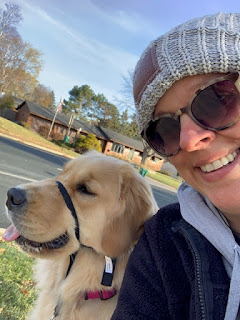I know for myself and MANY of my patients, pain comes from stress in our lives and in our bodies. Migraines are a perfect example of that. Migraines are a symptom of issues happening in your body.
Stress is such a complicated topic. BUT there are ways to decrease stress in our lives.
HERE ARE 4 WAYS TO DECREASE STRESS IN YOUR LIFE:
1. Start spending time being grateful for your surroundings, your people, your home, your life. When you do, the things around you magically improve. Your thought about your life will shift, and then your life will feel less stressful.
2. Make sure that you carve time into your schedule to spend quality time with people in your life that matter. There are articles everywhere that say that on someone's dying bed most people say they wish they would've spent more time with their loved ones. No one ever wishes they had put in more hours at work or cleaning the house.
3. Strengthen your NO muscle. It is OKAY to say NO. We fill our calendars too full most of the time. It is like we feel that if our schedule isn't full that we aren't important. Successful people know better. They know they need to say NO. They know that they need to set boundaries.
4. Exercise. Exercise will decrease the stress hormones in our body. Here is a little secret: Most of us that exercise feel like they don't want to go exercise on a daily basis, but we do it anyways! Once you are done you never regret it. SO carve it into your calendar and make sure you do it. Find a time that makes sense. For me it is in the morning before the business of the day takes it away from me.



